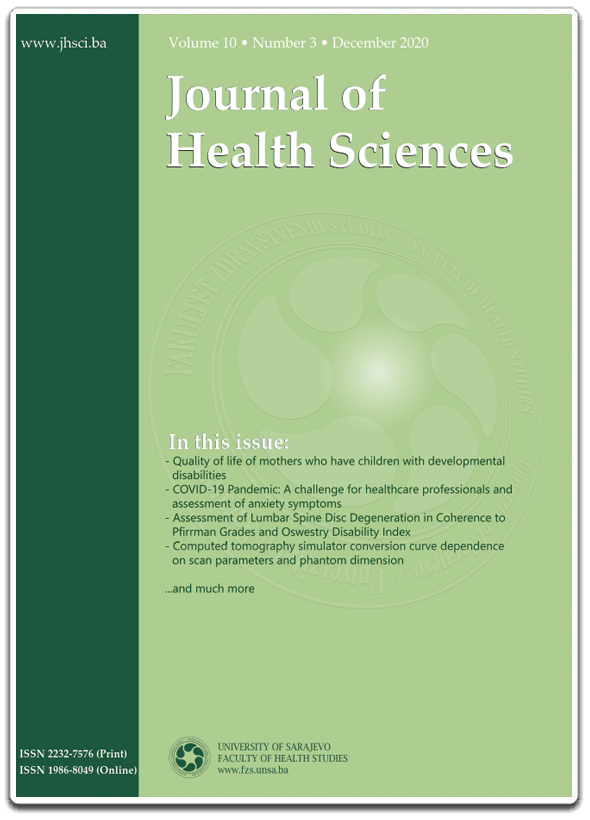Validity and reliability of the theory of planned behavior questionnaire on the balanced dietary behavior of adolescents in a post-disaster area
DOI:
https://doi.org/10.17532/jhsci.2022.1525Keywords:
Adolescents, content validity, content validity index, face validity, theory of planned behaviorAbstract
Introduction: The assessment of mediator components of behavior change based on the Theory of Planned Behavior (TPB) can be carried out with a questionnaire instrument. Meanwhile, the questionnaire to assess the mediator of adolescents’ balanced dietary behavior in post-disaster areas has not yet been developed. Failure to recognize nutritional problems in this period can increase morbidity and mortality. Therefore, this present study attempts to provide the overview of the implementation of content and face validity as well as reliability of the TPB questionnaire on the balanced dietary behavior of adolescents in the post-disaster area by taking a study case in Palu City, Central Sulawesi, Indonesia.
Methods: By involving nine expert panelists, the content validity was conducted qualitatively and quantitatively by calculating the Content Validity Index (CVI) and Kappa statistics scores. Face validity was conducted qualitatively by interviewing ten adolescents’. Meanwhile, Cronbach’s Coefficient Alpha was calculated to measure the reliability by interviewing 30 adolescents aged 15–17 years old living in the disaster site with their mothers during the massive disaster in 2018.
Results: The results showed that the Item CVI and the kappa statistics scores were between 0.75 and 1 and 0.72 and 1, respectively. The final version of the questionnaire was resolved based on the panelists’ recommendation, the face validity’s findings, and the results of the questionnaire reliability assessment. There were 14 items of attitude, 12 items of subjective norms, 17 items of behavioral control, and eight items of intention components with acceptable questionnaire reliabilities.
Conclusion: Overall, the TPB questionnaire on the balanced dietary behavior of adolescents has excellent validity and reliability to measure the mediator of balanced dietary behavior changes of adolescents.
Downloads

Downloads
Published
License
Copyright (c) 2022 Nikmah Utami Dewi, Ali Khomsan, Cesilia Meti Dwiriani, Hadi Riyadi, Ikeu Ekayanti, Nurulfuadi

This work is licensed under a Creative Commons Attribution 4.0 International License.










